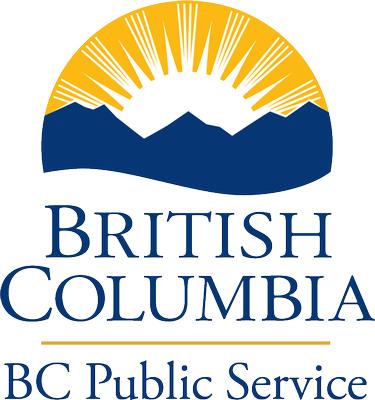 |
Today's News |
TransLink Tests Next Generation Of Battery-Electric Buses
Friday, February 25, 2022Company Profile | Follow Company

New Westminster, BC, February 25, 2022--(T-Net)--As part of their Climate Action Strategy, TransLink says it is replacing old diesel buses with battery-electric buses to reduce greenhouse gas emissions (GHGs).
Currently, they have four battery-electric buses in service with 15 more on the way. To make sure those 15 new buses will be effective and efficient for many years, they are now running tests on a demo bus provided by Nova Bus.
Here is a breakdown of what they are testing on Nova's LFSe+ battery-electric bus:
Distance
These new Nova buses should be able to travel over 150 kilometres on a single charge, even during winter months. This is something we're testing to have a clear picture of capabilities before they roll into service.
The two Nova buses we have in service currently can only travel roughly 40 kilometres on a single charge, so the newer model would be a major upgrade. This means the ones we have now need to continuously use on-route charging stations to serve customers throughout the day. The newer models should have more flexibility in how often they need to charge.
Charging
To ensure the battery-electric buses can continuously recharge throughout the day, we use on-route overhead fast-charge stations. These chargers:
- Top up our battery-electric buses for the next trip in under six minutes.
- Can charge buses while passengers board.
- Use an automated overhead mechanism that charges quickly through the bus roof.
We currently have two fast-charge stations located at 22nd Street Bus Exchange and the Marpole Loop - one manufactured by ABB and the other by Siemens. We are currently testing this new Nova Bus model to ensure they are operable with these chargers and that they meet or exceed the charging capabilities of the in-service buses we have now.
Operability in winter
Battery-electric buses operate differently in winter than they do in the summer. Most differences are minor like slower acceleration and slower charging abilities, but these minor differences can have a major impact on scheduling. To give our planners more information, we are testing vehicle efficiency, how quickly the buses start up in the morning, their acceleration capacity, and charging speeds during the winter.

Once the tests are complete, Translnk says it will use the results to potentially request modifications on the 15 buses before they receive them to ensure they run effectively and efficiently for many years. This will also help to inform their decisions for orders of battery-electric buses they make in the future.
Other battery-electric bus facts:
- Each battery-electric bus saves approximately 100 tonnes of GHGs annually compared to a conventional diesel bus.
- TransLink plans to replace over 400 diesel buses with battery-electric buses by 2030.
- This will equate to over 40,000 tonnes of GHGs annually.
- TransLink plans on having a zero-emission bus fleet by the year 2040.
- Each battery-electric bus saves TransLink approximately $40,000 in fuel annually, compared to a conventional diesel bus.
Other Recent Company News  |
|||||||||||||||||||
|
|||||||||||||||||||


 News
News Events
Events Tech Careers
Tech Careers Directory
Directory Tech Stocks
Tech Stocks T-Net 100
T-Net 100 Members
Members Feedback
Feedback About T-Net
About T-Net Employers
Employers Post Job Listings
Post Job Listings Advertise
Advertise















